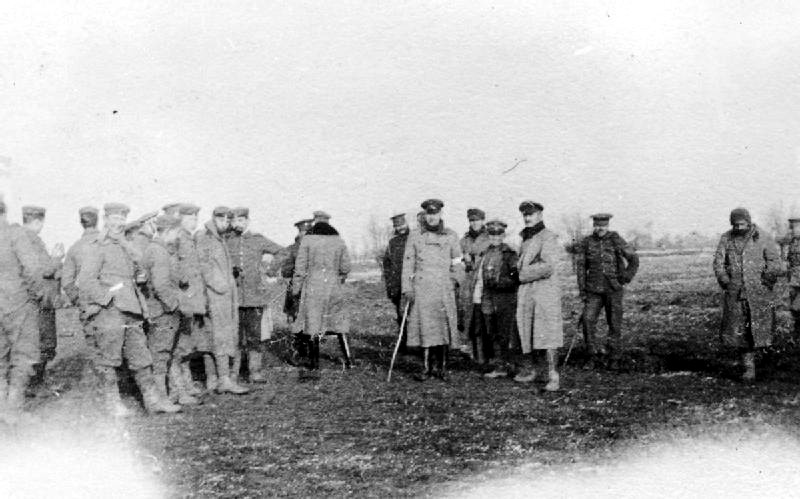 |
| In memory of those who said unpopular things. |
Well have I got the strategy for you! It doesn't require money (although that would help), and physical beauty's not requisite. All you need is the right approach.
---
Storytime. Last week I attended a Streetlight Manifesto concert with a good friend. One of the opening acts involved a guy by the name of Dan P. He's a well-known front-liner for Streetlight and he's great at warming up the crowd. His strategy, which has occupied my mind since I attended the concert, involves pandering to the audience. For the market of Toronto, his act involved telling us how nice we are. People just ate it up.
---
To say that we're terribly vain by nature probably doesn't surprise anyone anymore. From advertising to live entertainment, people capitalize on this vanity constantly. People have become so self-absorbed that bringing this to your attention might seem redundant. But upon significant reflection, I've realized that the success reaped from pandering to people can involve much more than simply telling people what they like to hear.
If you really want to be popular, then give people exactly what they want to see, hear, think, and feel. Moreover, give them what they need.
People have biases that can be traced to produced and to reproduced value orientations. In my experience, our civilization is becoming ever more effective at satisfying your values. To date, we've developed machine learning algorithms that shovel content to you in digital media for your consumption that has been tailored to your needs according to your exact digital footprint. People are becoming ever more comfortable in their own skin, because companies capitalize on our desires for self-security.
Our world has become a bias confirmation engine with greater sophistication and efficiency every day. I laughed when I saw this scene from Wall-E, but, the way things are going...
As I said in a caption for my last blog post, "I once told my entire school to never become comfortable." The staff at my old school including myself were asked by our graduating class for some final advice. Mine was that comfort sets a limit on your potential.
Growth, like change, is uncomfortable. And when I say this, I'm not just concerned with the conservatives out there whom feel victimized. I'm actually more concerned with the self-described radical leftists. We are all capable of shutting people out if they don't satisfy our biases, whatever they may be. I've lost friends on Facebook because of this reality in the past (ironically most of whom were social justice and peace studies students).
But I can't stress enough how important it is to maintain a level of uncomfort and the true danger of absolute self-satisfaction. Absolute comfort creates an absolute stasis. The internet and its current abuse has undoubtedly contributed to the normalizing of your thoughts and values. And that's potentially dangerous, for everyone.
My spiritual mentor, one of the few people that I truly look up to, Socrates was famed for his self-affirmed "gadfly" approach to changing society. He challenged people's conceptions by forcing them to think through their assumptions and beliefs. He knew that moral education is uncomfortable. As it should be; it concerns the most important aspects of our lives. Moral education most often involves suffering ~ that's why we need to be careful as parents and teachers. The things that we value most can destroy us, and so their deconstruction must be handled with the utmost care.
One of my favorite professors once said that we should "beware of the very notion of the popular teacher." He had a pretty good argument considering that the most popular teachers tend to ask the least of their students and to do the most to make their students feel comfortable.
In sum, if you really want to be popular, then give people exactly that which satisfies their values. Even if those values originate from or inculcate fear, hatred, ignorance, isolation, and/or insecurity. It's that easy.
But considering this reality, and as a wannabe gadfly myself, I would ask you...
Do you REALLY want to be popular?





